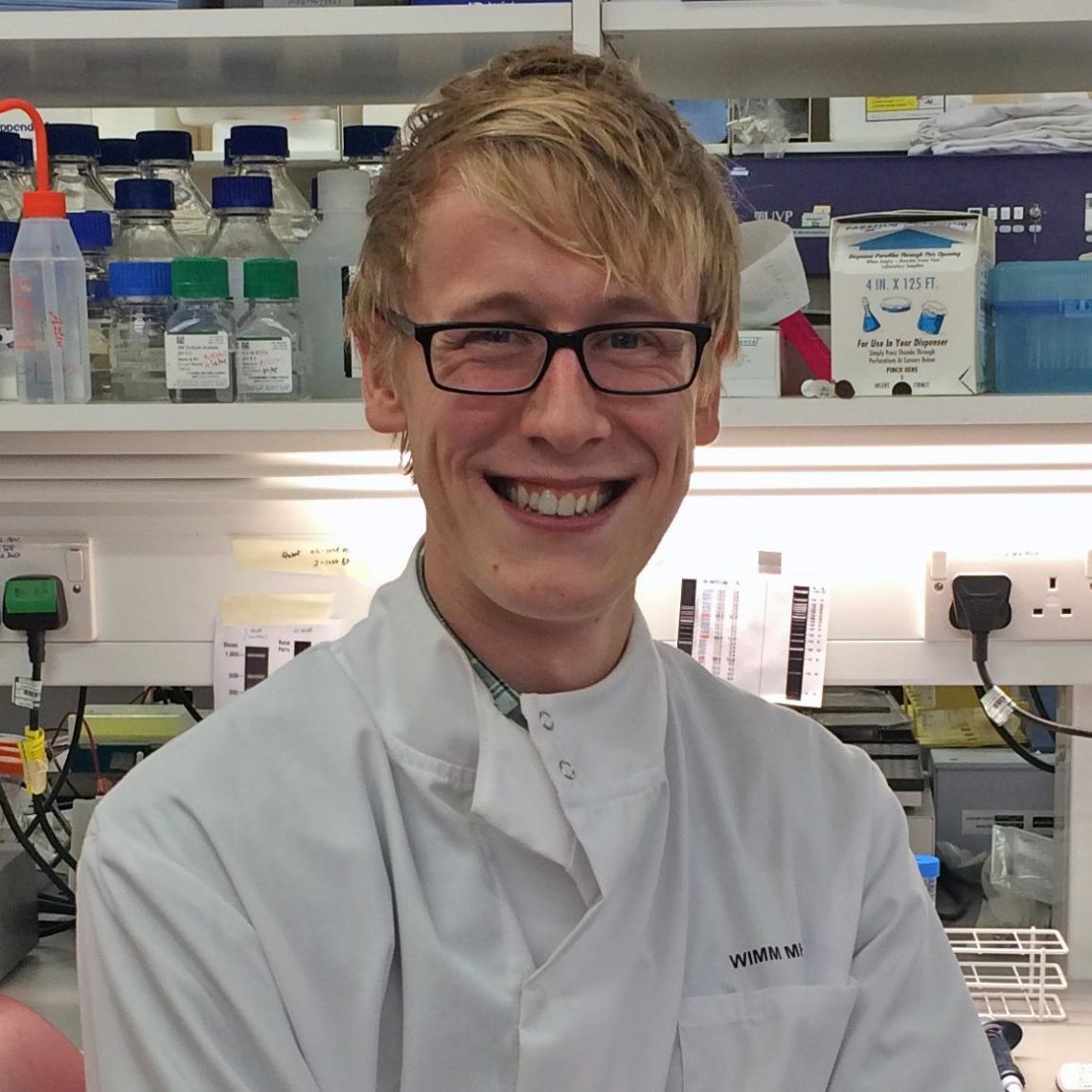Martin Larke
Post Doctoral Researcher
Studies in the last decade have revealed that the phenomenon of promoter proximal RNA polymerase II pausing (Pol II pausing) is widespread at genes in eukaryotes and may represent a ubiquitous mechanism for fine tuning gene expression (Jonkers & Lis, 2015). Recent work in our lab (Hay et al., 2016) has revealed that regulatory elements known as enhancers can act in an additive manner to boost gene expression. However, the precise mechanisms through which they exert their effects are poorly understood. This has led to the primary aims of my research being: 1) To determine whether the alpha globin enhancers alter gene expression at their targets though modulating Pol II pausing. 2) To examine Pol II pausing across the genome to determine whether changes in this process underlie differential gene expression we see through erythropoiesis.
Outside of the lab I have a passion for public engagement and have authored several blogs on research being conducted in the MRC Weatherall Institute of Molecular Medicine. I have also been involved in establishing the Oxford hands on science society (OxHos) which aims to spread our enthusiasm for science to children and their families by taking a range of hands-on experiments into schools and public venues.
Hay, D., Hughes, J. R., Babbs, C., Davies, J. O. J., Graham, B. J., Hanssen, L. L. P., ...[16 authors]..., Higgs, D. R. (2016). Genetic dissection of the α-globin super-enhancer in vivo, 48(8).
Jonkers, I., & Lis, J. T. (2015). Getting up to speed with transcription elongation by RNA polymerase II. Nature Reviews. Molecular Cell Biology, 16(3), 167-177.


